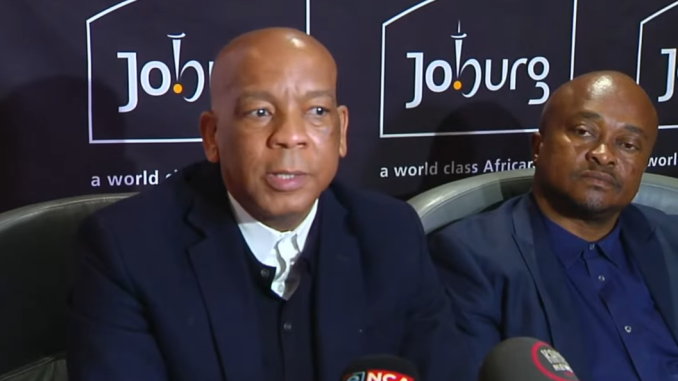
South Africa’s electricity system will face a “total collapse” unless urgent action is taken, cautioned Electricity and Energy Minister Dr Kgosientsho Ramokgopa during a 24 June briefing. He highlighted a critical funding crisis at Eskom, noting its inability to recoup bills from municipalities and households, severely jeopardizing its operations and infrastructure investment capacity.
Municipalities owe Eskom around R94.6 billion, with arrears growing at approximately R3 billion per month. This rapid accumulation means Eskom could see an additional R36 billion owed by year-end if trends persist.
A 2023 debt-relief programme allowed municipalities to negotiate write-offs in exchange for meeting key conditions like deploying smart meters, collecting current charges, and eliminating illegal connections. Yet compliance has been dismal, only 10 of 71 councils meet the standards per Eskom, while 87% are non-compliant.
Ramokgopa described Eskom’s predicament bluntly, that it continues to generate electricity and pays for supply, but without revenue collection, it cannot fund plant maintenance or upgrades. “If not managed,” he warned, “it’s going to result in a total collapse of the electricity complex in the country”.
A positive development emerged in Johannesburg. City Power has reached a settlement with Eskom to pay R3.2 billion over four years, with Eskom forgiving R830 million in interest and penalties. This landmark agreement, brokered by Ramokgopa and City leadership, could become a blueprint for other municipalities.
Ramokgopa also noted that household electricity is becoming prohibitively expensive. The increasing tariffs, compounded by load-shedding, are pushing vulnerable families into an “energy poverty” trap, often forcing them to choose between buying electricity and essentials like food.
Eskom is trapped in a vicious cycle, consumption has declined by 15% from 2013 to 2023, as both businesses and households increasingly turn to self-generation amidst price spikes and unreliable supply. These dynamics have driven prices nearly tenfold since 2000, far outpacing inflation and triggering an accelerated adoption of solar and other alternatives.
Despite Eskom’s application for a substantial 36% tariff hike for 2025/26, the National Energy Regulator (Nersa) approved only 12.7%, citing concerns over affordability and economic stability, and declined to permit cost recovery for municipal arrears.
Municipalities must urgently adhere to debt‑relief terms like consistent billing, smart-meter rollouts, and disconnection of illegal connections.The government should facilitate more City Power-style debt settlements where practical. Regulatory support is crucial to ensure that repayments aren’t shifted unfairly onto law-abiding consumers.In the longer term, structural reforms such as unbundling Eskom, accelerating private sector energy participation, and enhancing grid connectivity, are vital to safeguard energy reliability and affordability.
Without decisive municipal accountability, improved tariff structures, and structural reforms, the nation risks systemic failure of its electricity complex, jeopardizing both economic stability and everyday livelihoods.

Leave a Reply